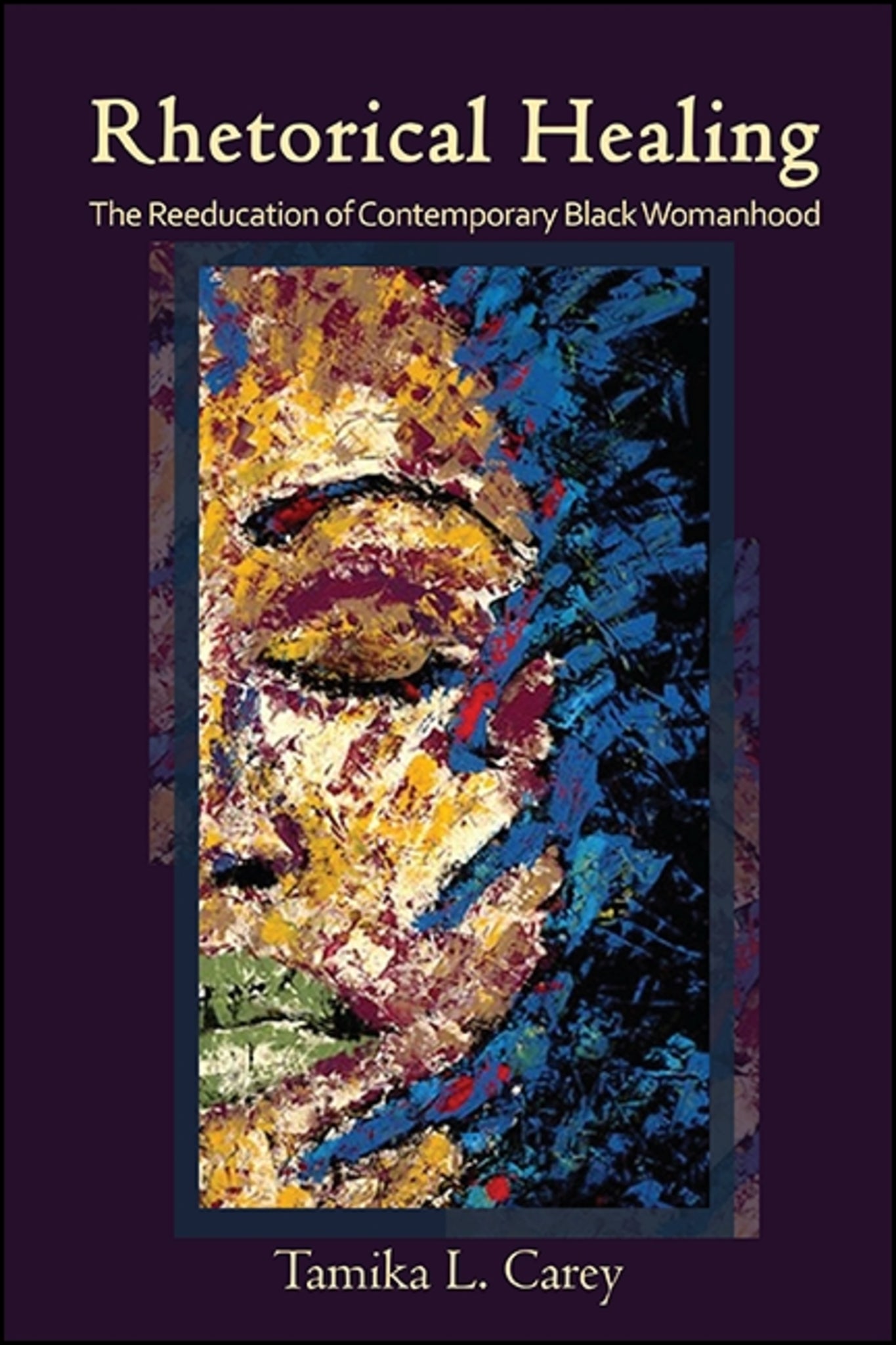We're sorry. An error has occurred
Please cancel or retry.
Rhetorical Healing

Some error occured while loading the Quick View. Please close the Quick View and try reloading the page.
Couldn't load pickup availability
- Format:
-
02 July 2017

Reveals the rhetorical strategies African American writers have used to promote Black women's recovery and wellness through educational and entertainment genres and the conservative gender politics that are distributed when these efforts are sold for public consumption.
Since the Black women's literary renaissance ended nearly three decades ago, a profitable and expansive market of self-help books, inspirational literature, family-friendly plays, and films marketed to Black women has emerged. Through messages of hope and responsibility, the writers of these texts develop templates that tap into legacies of literacy as activism, preaching techniques, and narrative formulas to teach strategies for overcoming personal traumas or dilemmas and resuming one's quality of life
Drawing upon Black vernacular culture as well as scholarship in rhetorical theory, literacy studies, Black feminism, literary theory, and cultural studies, Tamika L. Carey deftly traces discourses on healing within the writings and teachings of such figures as Oprah Winfrey, Iyanla Vanzant, T. D. Jakes, and Tyler Perry, revealing the arguments and curricula they rely on to engage Black women and guide them to an idealized conception of wellness. As Carey demonstrates, Black women's wellness campaigns indicate how African Americans use rhetorical education to solve social problems within their communities and the complex gender politics that are mass-produced when these efforts are commercialized.


"Rhetorical Healing makes a significant contribution to feminist and rhetorical studies by critiquing mainstream wellness discourses and emphasizing the need for frameworks that address systemic inequalities. Carey's work bridges literature, feminist theory, and rhetorical studies, providing a model for analyzing cultural artifacts in a way that is academically rigorous yet accessible to broader audiences. Her reflections highlight the importance of balancing scholarly critique with empathy and respect for the communities being studied." — Rhetorical Review
List of Illustrations
Acknowledgments
Life Class: An Introduction
1. Are You Sure You Want to Be Well?: Healing and the Situation of Black Women's Pain
2. I Need You to Survive: Theorizing Rhetorical Healing
3. I'll Teach You to See Again: The Rhetoric of Revision in Iyanla Vanzant's Self- Help Franchise
4. Come Ye Disconsolate: The Rhetoric of Transformation in T.D. Jakes's Women's Ministry
5. Take Your Place: The Rhetoric of Return in Tyler Perry's Films
6. With Vision and Voice: Black Women's Rhetorical Healing in Everyday Use
Reverberations
Notes
Bibliography



